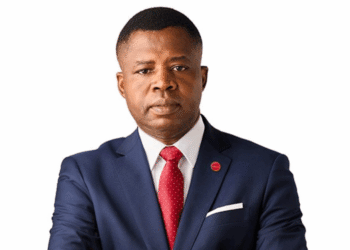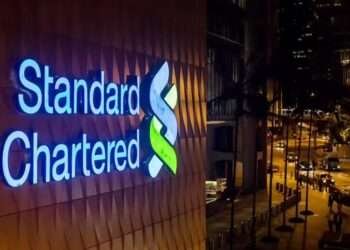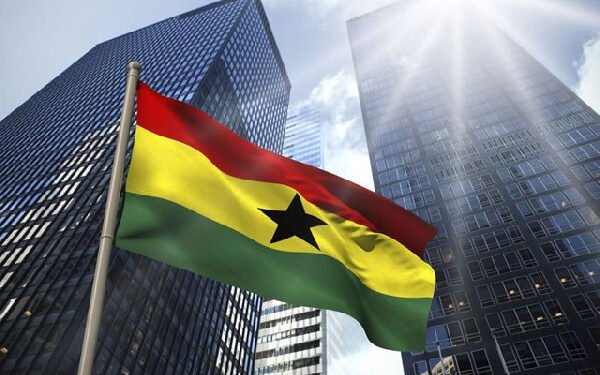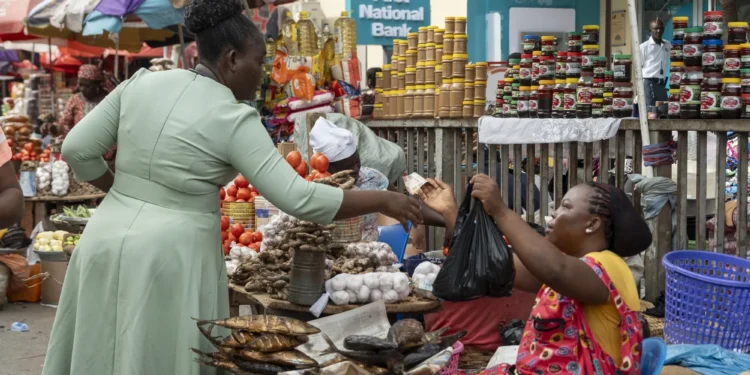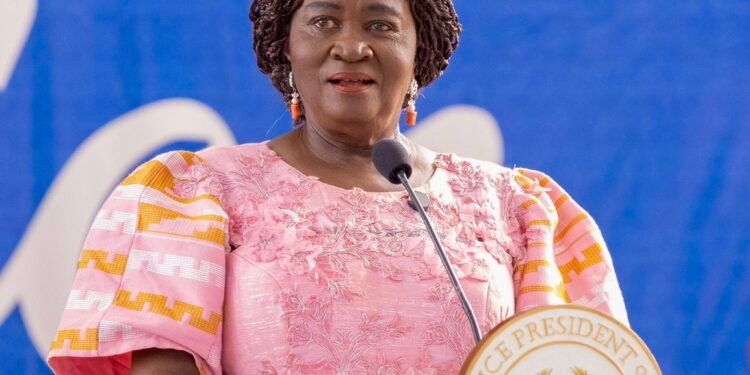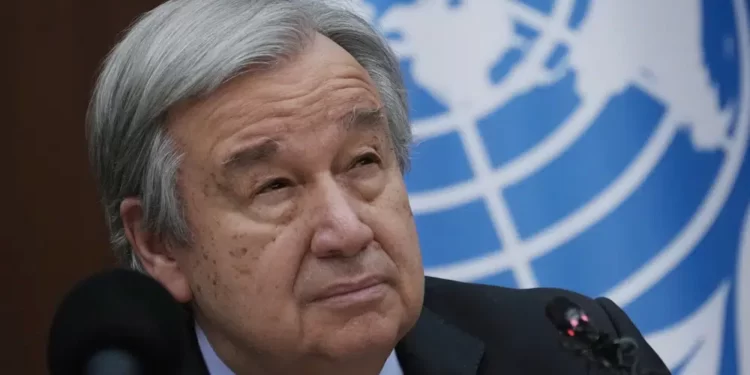Ghana’s banking sector is experiencing an appreciable growth as shareholders’ funds surged to GH¢48.0 billion in the first half of 2025, representing a 48.5% increase from the previous year, according to the Bank of Ghana’s July 2025 Banking Sector Development Report.
This impressive capital growth, up from 44.9% in June 2024, marks a renewed wave of confidence and resilience in an industry that has weathered economic turbulence, policy tightening, and a challenging post-recapitalisation environment.
The surge in shareholders’ funds, which reflects the total capital and reserves of banks, was largely attributed to a strong rebound in profits across the industry, coupled with recapitalisation efforts by undercapitalised banks. After years of balance sheet repair following the financial sector clean-up, the industry appears to have regained solid footing, driven by improved earnings and strategic balance sheet restructuring.
Market watchers say the sector’s strong capital position mirrors a combination of profit recovery and renewed investor confidence. According to the report, the growth was supported by recapitalisation efforts aimed at shoring up weaker institutions, while well-capitalised banks benefited from improved profitability amid a gradually stabilising macroeconomic environment.
In an interview with The Vaultz News, Mr. Isaac Kwesi Mensah, a market analyst and corporate finance expert at SIC Financial Services Ltd (SIC-FSL), said the upturn in shareholders’ funds demonstrates the sector’s adaptability and investor optimism.
“This growth shows that Ghana’s banks are now reaping the benefits of the policy discipline and structural adjustments of the past few years. The profit rebound has strengthened balance sheets, giving banks the capital buffers needed to expand lending and absorb shocks.”
Mr. Isaac Kwesi Mensah
He added that the recapitalisation of undercapitalised banks has been key to restoring market confidence and positioning the sector for sustainable growth. “We’re seeing more banks meet and even exceed regulatory capital requirements, which bodes well for financial stability and investor confidence,” he noted.

Shift Toward Investments Reshapes Asset Structure
The report also revealed an interesting transformation in the asset composition of Ghana’s banking sector. Investments — mainly in government bills, securities, and equities — have overtaken cash and bank balances as the largest component of total assets.
As of June 2025, investments accounted for 42.3% of total assets, up from 33.2% in the same period last year. This strategic rebalancing reflects banks’ increased appetite for higher-yielding short-term instruments amid easing inflation and falling interest rates.
Meanwhile, cash and bank balances, though still substantial, fell to 28.9% from 35.8% a year ago. Together, investments and cash holdings represented a combined 71.2% of total assets in June 2025, up from 69.0% in June 2024.
However, net loans and advances — typically the primary engine of private sector credit growth — saw a modest decline, dropping to 19.0% of total assets from 21.4% in June 2024. This trend underscores a cautious lending stance by banks, influenced by lingering credit risks and slow recovery in certain sectors of the economy.
Short-Term Debt Instruments Dominate Investment Portfolios
The Bank of Ghana’s report also highlights a striking development in the composition of banks’ investment portfolios. Short-term bills (such as treasury bills and notes) now dominate, accounting for 60.3% of total investments as of June 2025 — up sharply from 39.9% in June 2024.
In contrast, the share of long-term securities declined significantly to 39.4%, from 59.8% a year earlier. Equity investments remained negligible at 0.3%, unchanged from the previous year.
Analysts interpret this shift as a sign of banks’ preference for liquid, short-dated assets that offer higher returns and lower risk amid uncertainties in the macroeconomic environment.
Mr. Mensah observed that the trend reflects prudent portfolio management, particularly as banks seek to balance risk and return in a transitioning economy.
“The strong tilt toward short-term instruments allows banks to remain flexible while maintaining liquidity. But it also indicates that banks are still wary of committing to long-term lending, especially in a market where interest rates and fiscal risks are still adjusting.”
Mr. Isaac Kwesi Mensah
Deposits Decline as Borrowings Rise
On the liability side, the report noted a slight decline in the share of deposits, which fell to 72.9% of total liabilities and shareholders’ funds in June 2025, from 76.1% in June 2024. Conversely, the share of borrowings rose to 8.6%, up from 7.2% a year earlier — reflecting a moderate increase in banks’ reliance on borrowed funds to finance operations and investments.
Mr. Mensah remarked that while deposit mobilisation remains strong, the uptick in borrowings reflects banks’ efforts to diversify funding sources amid a tightening liquidity environment. “This mix shows banks are being proactive — leveraging both deposits and borrowings to optimise funding costs while maintaining profitability,” he said.
Capital Strength Sets Stage for Growth
The outlook for Ghana’s banking sector in the second half of 2025 remains cautiously optimistic. Analysts expect continued capital strengthening, improved liquidity, and moderate credit expansion, supported by falling inflation and a more predictable monetary policy environment.
However, Mr. Mensah cautioned that sustaining profitability will require strategic risk management and prudent cost control. “The industry’s current capital strength provides room for growth, but maintaining profitability in a declining interest rate environment will test banks’ innovation and efficiency,” he concluded.
As Ghana’s financial system stabilises, the GH¢48 billion surge in shareholders’ funds signals not just recovery, but resilience, a testament to the sector’s determination to rebuild stronger, more sustainable foundations for long-term growth.
READ ALSO: Ashanti Region’s Health System Near Collapse, GMA President Warns






